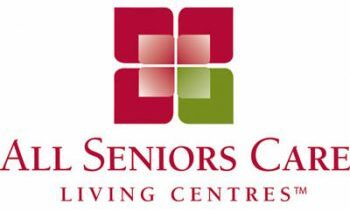IG Wealth Management Walk for Alzheimer’s: Make Your Donation Before June 30!
Thanks to everyone who participated, donated & volunteered at our Winnipeg, Steinbach & Brandon Walks so far!
There is nothing more special than seeing our community come together to raise funds for families living with dementia. The Walk is our biggest fundraiser of the year, and we can’t do this without each and every one of you.
Every donation counts, however big or small. If you have not yet made a Walk donation, please click here to donate today. You will receive an automatic tax receipt after donating. Our Walk website remains open and donations will continue to be accepted until June 30.
Click here to view our Winnipeg Walk photo album.
Click here to view our Steinbach Walk photo album.
There are still more Walks to join this year:
- Altona
Wednesday, June 4
The Gardens on Tenth
- Darlingford
Saturday, June 21
Darlingford Memorial Park - Gimli
Friday, June 27
Betel Personal Care Home
- Portage la Prairie
Thursday, June 19
Island Park - Selkirk
Thursday June 5
Gordon Howard Centre
National Indigenous History Month 2025
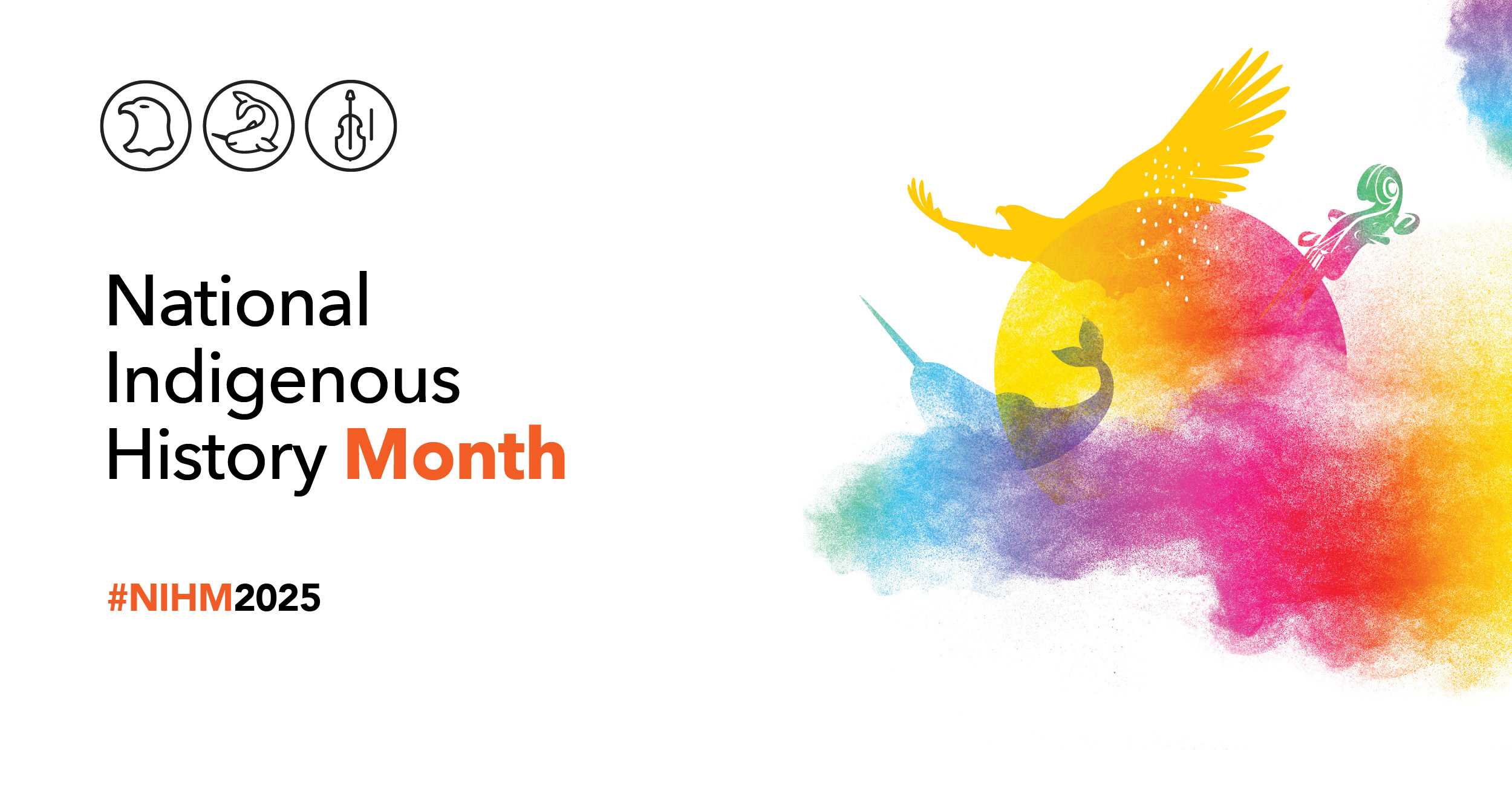 June is National Indigenous History Month, an opportunity to learn about the unique cultures, traditions and experiences of First Nations, Inuit and Métis.
June is National Indigenous History Month, an opportunity to learn about the unique cultures, traditions and experiences of First Nations, Inuit and Métis.
At the Alzheimer Society of Manitoba, we’re committed to learning more about the unique effects dementia has within Indigenous communities, and to growing our connections and resources to help Indigenous Peoples living with dementia find the care and support they need.
In 2020, it was estimated that the number of Indigenous people in Canada living with dementia would increase by 273% by the year 2050.
In additional to this increase, Indigenous Peoples face a range of barriers to good health care — and by extension, good dementia care — that includes poverty, cultural and linguistic differences, racism and a lack of cultural safety in health care, a mistrust of health-care providers, stigma associated with dementia, and geographical distance from communities to care centres.
It is vital to listen to Indigenous voices and experiences to help improve our health and support systems to better fit the needs of Indigenous Peoples impacted by dementia.
Here are a few dementia care tools and resources for Indigenous Peoples living with dementia:
A conversation on Indigenous Peoples and dementia
A webinar created by the Alzheimer Society of Canada and Brain Canada. Speakers include Elder Beckie Labillois, Bonnie Peigan, Dr. Pamela Roach and it is moderated by Joanna Vautour.
Indigenous Cognition and Aging Awareness Exchange
This website includes dementia factsheets and information about the Canadian Indigenous Cognitive Assessment tool.
This page on the Native Women’s Association of Canada website talks about a few different projects that the association has been working on around dementia. This page includes a link for downloading a toolkit on caring for yourself or someone else while living with dementia.
An Inuit-focused home for Elders with dementia and Alzheimer’s
In this video on Livingmyculture.ca, an initiative of Canadian Virtual Hospice, Piita Irniq talks about how he brought Inuit culture and food to a southern facility caring for Inuit Elders with dementia.
This paper created by the National Collaborating Centre for Indigenous Health aims to identify the challenges and burdens Indigenous Peoples in Canada face in accessing culturally safe and appropriate dementia care services and supports, and suggests ways of overcoming these challenges.
10 helpful resources to support Indigenous Peoples living with dementia
The Canadian Coalition for Seniors’ Mental Health created this information sheet as a part of their Behaviours in Dementia Toolkit.
Indigenous Peoples’ Health and Aging Resources
On this page you can find multiple resources on the Centre for Education and Research on Aging’s for Indigenous people in Canada.
Beginning the journey into the spirit world
A resource that summarizes factors contributing to palliative and end-of-life care experiences for First Nations, Inuit and Métis; highlights areas for action in palliative and end-of-life care based on priorities, gaps, challenges and needs expressed by First Nations, Inuit and Métis Peoples and communities; and identifies innovative and Indigenous community-based models of care and person-centred approaches to palliative and end-of-life care.
The First Nations, Inuit, and Métis Team is composed of Indigenous educators and allies who are Regulated Health Professionals with experience living and working in Indigenous communities. Education programs are firmly rooted in the values of respect, relevance, reciprocity, responsibility and relationship, ensuring meaningful and impactful learning.
Creating Inclusive Communities for 2SLBGTQ+ People Living with Dementia
 Today’s 2SLGBTQ+ older adults have lived through a number of significant shifts in their rights and freedoms, and are among the first to live openly with diverse sexual orientations and/or gender identities in older age. These lived experiences can affect their interactions with health care and service providers in a number of different ways, depending on their age and past experiences.
Today’s 2SLGBTQ+ older adults have lived through a number of significant shifts in their rights and freedoms, and are among the first to live openly with diverse sexual orientations and/or gender identities in older age. These lived experiences can affect their interactions with health care and service providers in a number of different ways, depending on their age and past experiences.
For these reasons, 2SLGBTQ+ individuals may face unique challenges when it comes to dementia care and support.
This Pride Month, we want to highlight the importance of creating inclusive environments for all people living with dementia. Part of our goal at the Alzheimer Society is to create more dementia-friendly communities, where people living with dementia and their care partners feel safe, respected and included. It’s important to acknowledge all the diverse backgrounds and experiences people living with dementia have, including those within the 2SLGBTQ+ community. The more we understand each other, the better support we can give.
Here are a few resources about dementia and the 2SLGBTQ+ community, and 2SLGBTQ+-friendly supports for older adults:
How to be an Ally to 2SLGBTQI People Living with Dementia – PDF (Egale Canada)
2SLGBTQI Dementia Networks of Support & E-Learning (Egale Canada)
Over the Rainbow Program (Rainbow Resource Centre)
My Choices for Safe and Inclusive Healthcare – PDF (Canadian Virtual Hospice)
Aging While Queer Video (National Institute on Aging)
You’re Invited! 2025 Annual General Meeting
Please join us as we celebrate a year of accomplishments at our Annual General Meeting.
Wednesday, June 18
Alzheimer Society – Provincial Office
10-120 Donald Street, Winnipeg, MB (Mezzanine Level)
5:30 pm
RSVP to Bonny Neal by Friday, June 13 at [email protected] or 204-943-6622.
Care4u Family Conference 2025 – Save the Date
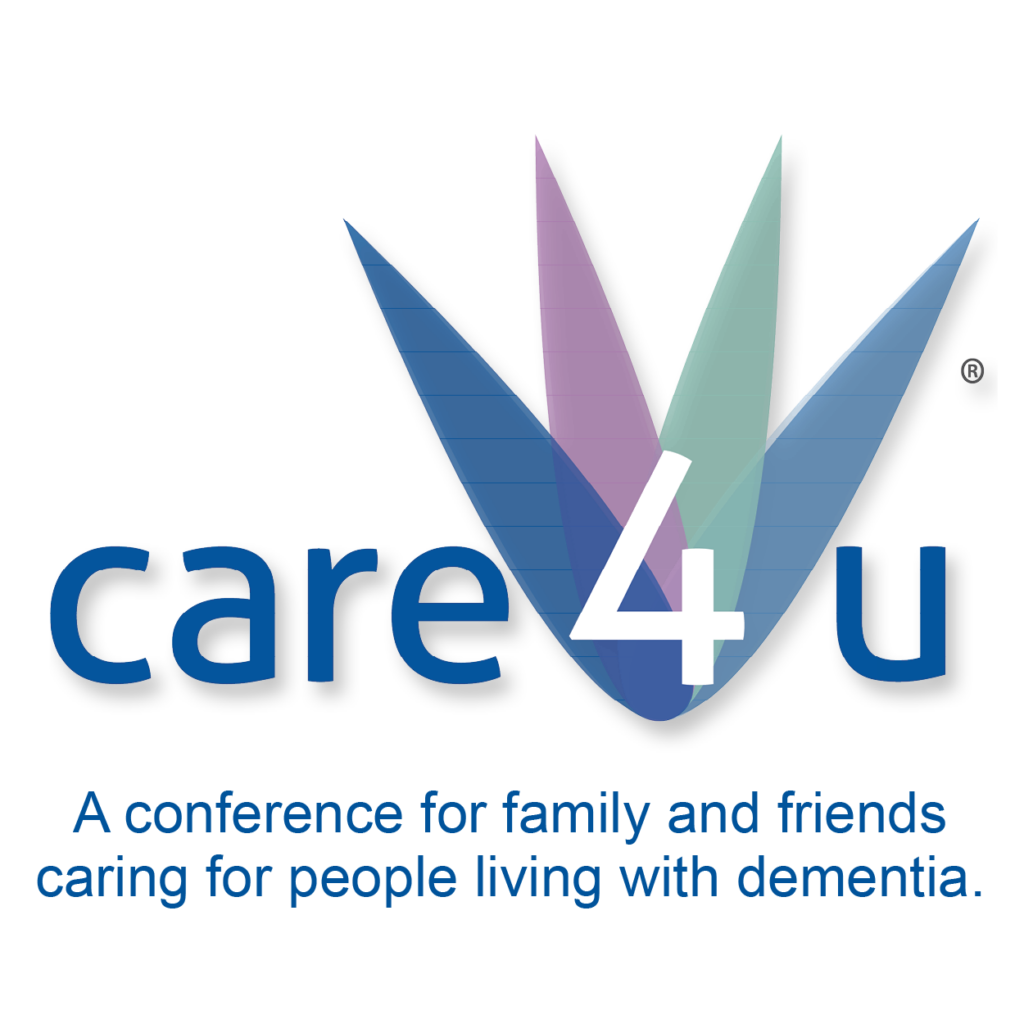 We invite you to join us this October for our Care4u Family Conference 2025! Get ready for a day of learning strategies and discovering resources to help you find and strengthen your courage as a care partner for someone living with dementia.
We invite you to join us this October for our Care4u Family Conference 2025! Get ready for a day of learning strategies and discovering resources to help you find and strengthen your courage as a care partner for someone living with dementia.
When: Saturday, October 18, 2025 | 9 am – 3:30 pm
Where: Victoria Inn Hotel and Convention Centre, 1808 Wellington Ave, Winnipeg
Registration Opens August 2025
A Fun New Way to Take Care of Your Brain: Cognitive Care Kits
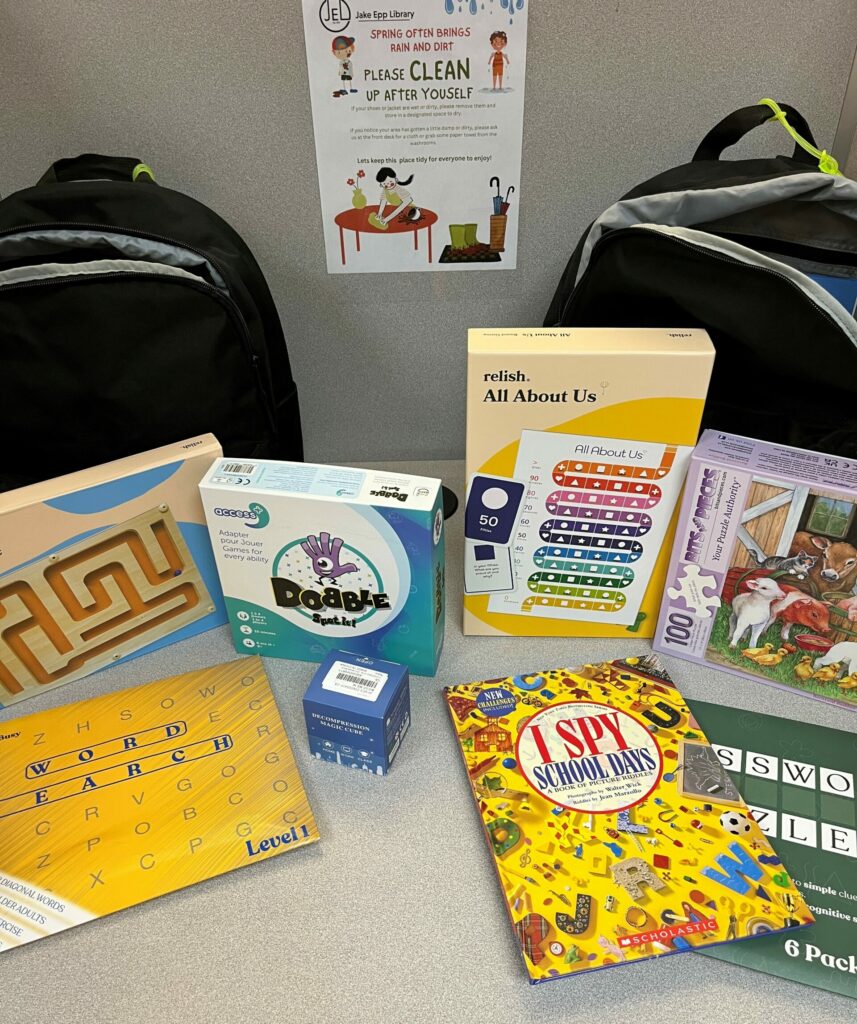
Some of the items included in the cognitive care kits at Jake Epp Public Library
Many Manitobans living with dementia find joy in the Alzheimer Society of Manitoba’s Minds and Motion program, but everyone enjoys engagement and interaction differently. To help people living with dementia access fun, brain-challenging activities anytime, the Society is offering cognitive care kits filled with brain-stimulating activities for free pickup at the Jake Epp Public Library in Steinbach.
“We understand that each kit might not fit the unique needs and abilities of people living with dementia or brain change, but we encourage you to try one out and see if you engage with some of the activities in the kit, and go from there,” says Sierra Dueck, the South Eastman Regional Coordinator with the Alzheimer Society of Manitoba. “These kits are full of activities you can do with other family members or alone.”
The library will hold four types of cognitive care kits for people living with dementia or experiencing brain changes. Each of these kits has different activities and games designed to challenge and exercise the brain, promoting better brain health.
“We have various books, puzzles, wood mazes, and different creative endeavors like aqua painting and colouring,” says Sierra. “We curated these games and activities in hopes to fit the diverse skills and needs of people living with dementia, because no two people experience the disease in the same way.”
These kits have popped up in libraries across Ontario and have shown positive results in promoting social engagement, cognitive stimulation and improved quality of life. Following in Ontario’s footsteps, the Jake Epp Public Library will be the first in Manitoba to offer the kits, but the Society hopes to expand across Manitoba soon.
“Libraries are a great gathering place in the community to start with. People already know how to borrow from the library, and this will be just as easy,” says Sierra.
You don’t have to be living in Steinbach or have a library card to access these kits. The kits are free and available to borrow for three weeks at a time. Librarians have been briefed on the kits – we encourage anyone with specific questions to call the Jake Epp Public Library at (204) 326-6841.
Please note the library is closed on Fridays and Sundays.
Programs to Join this June
Participating in our community partner programs is a great way to get out, learn something new and see some friendly faces. If you’re looking to get out into the community to enjoy a fun activity, check out our current programs.
Dalnavert Museum Dementia-Friendly Tours
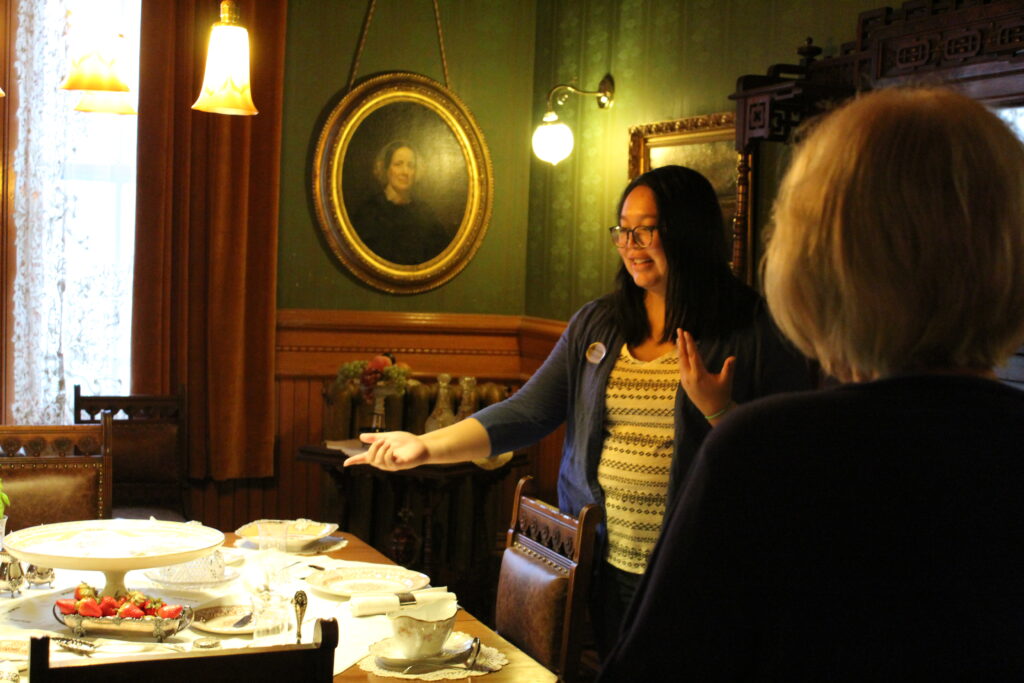 Come to the Dalnavert Museum for their monthly dementia-friendly tours. This program allows people living with early to moderate symptoms of dementia and their care partners to step back in time and explore the historic house and its collection.
Come to the Dalnavert Museum for their monthly dementia-friendly tours. This program allows people living with early to moderate symptoms of dementia and their care partners to step back in time and explore the historic house and its collection.
After your tour of the museum, enjoy tea and coffee and a closer look at some artifacts.
Please note: The upper floors of the museum are only accessible by stairs. If stairs pose a barrier, there will be the option of exploring the upper floors of the house with a tour guide in the Visitors’ Centre through our virtual tour. Folding cane-seats can be borrowed free of charge during your visit and there will be seating available throughout the museum.
Monthly Program
Dalnavert Museum, 61 Carlton St, Winnipeg
The last Saturday of every month, 10 – 11:30 am (The next tour is Saturday, June 28)
Cost: $24.00 (plus tax) per pair and session, $12.00 per pair and session if one of the pair is a Dalnavert Museum Member
Register today on the Dalnavert Museum and Visitors’ Centre website
Tune-Up Café (Convalescent Home of Winnipeg)
 Tune-Up Café is for individuals living with early to moderate signs of dementia and their care partners. It’s an inclusive and welcoming meeting place for singing, making social connections and sipping on a cuppa!
Tune-Up Café is for individuals living with early to moderate signs of dementia and their care partners. It’s an inclusive and welcoming meeting place for singing, making social connections and sipping on a cuppa!
Spring Program
Convalescent Home of Winnipeg, 276 Hugo St North, Winnipeg
Tuesdays, 6:15 – 8 pm
Meets weekly
There is no fee to attend, but registration is required.
Contact Sherry at [email protected] for more information and to register.
Find Encouragement & Understanding Through Support Groups

If you’re living with or supporting someone living with dementia, our support groups are for you! These groups run throughout the year, with virtual or in-person options across the province.
When you join a support group, you connect with a community of people you can lean on for encouragement and understanding. You’ll also learn more about dementia and its progression, exchange strategies and participate in meaningful discussions.
There are a variety of unique groups to choose from – come join us and find a community of support.
Call us at 204-943-6622/1-800-378-6622 or email [email protected] to register for a support group or to discover the best group to meet your needs.
For a complete listing of support groups, visit the links below:
Support Groups for Care Partners
Support Groups for People Living with Dementia
We welcome everyone to this inclusive environment for people of different ethnicities, cultures or persons who identify as part of the 2SLGBTQ+ community.
Alzheimer Society Research Program (ASRP) 2025 Award Results
In 2025, the Alzheimer Society Research Program (ASRP) is awarding over $5.1 million to 37 researchers and their projects. This year, two Manitoban researchers have been awarded funding through the ASRP, both generously co-funded by Research Manitoba.
The Alzheimer Society Research Program (ASRP) is one of Canada’s most innovative hubs for dementia research, helping the best and brightest minds in the field transform their work from ideas to impact. Since 1989, over $83 million in grants and awards have been invested in innovative research that brings us closer to a future without dementia.
The ASRP funds dementia research in Canada through four award categories: Doctoral Award, Postdoctoral Award, New Investigator Grant and Proof of Concept Grant. The eight priority research areas the ASRP funds are:
- Care
- Cause
- Diagnosis
- Epidemiology
- Risk
- Therapy
- Translational
- Treatment

Dr. Heather Campbell-Enns from Canadian Mennonite University is one of the Manitoban recipients, receiving the New Investigator Grant. Her project is titled: A Pilot Study of Ethnocultural Approaches to Family-Provided Dementia Care. Her research will identify themes of importance for intergenerational family caregivers from multiple cultural perspectives, share dementia care stories and develop a better understanding of how suitable multiple research methods are to examine dementia care from cultural perspectives.

Ms. Parisa Tabeshmehr from the University of Manitoba is the other Manitoba award winner, receiving the Doctoral Award. Her project, “Impact of disrupting TRPM2 function in Alzheimer’s Disease” focuses on testing a potential preventative drug that will target “TRPM2”, an ion channel involved in the damage done to the brain when amyloid-beta accumulates. Her team will evaluate if the TRPM2-targeting drug can prevent memory loss by preserving neuronal signaling and reducing inflammation.
Visit the Alzheimer Society of Canada’s ASRP page to learn more about the ASRP and other 2025 award recipients.
Research Study Participants Needed – Young-Onset Dementia
 If you are a care partner to someone living with young-onset dementia or were a care partner within the past six years, your input is wanted!
If you are a care partner to someone living with young-onset dementia or were a care partner within the past six years, your input is wanted!
A study from Wilfrid Laurier University is looking to understand the needs of family caregivers/care partners for people living with young-onset dementia within community programming across Canada.
To participate in this study, you must:
- Be a family caregiver or care partner to a person living with young-onset dementia OR was a family caregiver/care partner to a person living with young-onset dementia within the past six months
- Be 18 years or older
- Live within Canada
As a participant, you will be asked to complete the following:
- A questionnaire (completed online via Qualtrics) (18-25 minutes in length)
If you believe you are eligible and would like to participate, click here.
You can view & download the call for participants poster here.
For any further information or if you have any questions regarding participation, please contact [email protected]
Reduce Your Risk of Dementia with Physical Activity
 Staying physically active is beneficial to our overall health, but did you know it can help reduce your risk of dementia too? And for those living with signs and symptoms of dementia, staying active can contribute to your brain health and help prolong progression.
Staying physically active is beneficial to our overall health, but did you know it can help reduce your risk of dementia too? And for those living with signs and symptoms of dementia, staying active can contribute to your brain health and help prolong progression.
With the approach of summer weather, there’s no better time to start thinking about ways you can fit physical activity into your regular routine!
Here are 5 simple tips to help you stay active for a healthy brain:
1. Set reasonable goals to start
While physical activity is key to reducing dementia risk, settling into a routine can be difficult. You may find it difficult to find the right time and opportunities to be active, so it can be helpful to start off small by adding just a bit of physical activity into your daily routine.
This small action may be choosing a brisk walk to the store, or taking the stairs instead of the elevator for one or two floors.
2. Turn your physical activities into social activities
Is there a physical activity you would like to try out, but worry that it may be a little too challenging? Plan it with people you know and feel comfortable around. Some of the more demanding physical activities, like hiking or kayaking, are more fun (and safer) with friends.
That way, you are more likely to keep active while also gaining the brain-health benefits of social interaction and teamwork.
3. Keep it simple
When it comes to physical activity, there’s no need to make things too difficult for yourself. When looking for things to do, try activities that work with you, not against you. That way, physical activity won’t feel like a chore or task to tick off.
For example, if you have limited mobility, try to engage in activities that will help you maintain your balance and prevent falls, like gentle yoga or tai chi.
4. Try out aerobic activities
What type of physical activity is best for reducing the risk of dementia? Aerobic activities that increase the heart rate temporarily, like swimming, jogging, cycling, or using a stationary bicycle, are enough to benefit your brain.
Even walking the dog can be enough. Many experts recommend walking as one of the safest and most effective forms of aerobic exercise!
5. Do what you want to do
It can be a fun challenge to try something new, but don’t feel pressured to pursue activities that you don’t care for. Focus on what makes you happy by choosing physical and social activities that you enjoy and love.
If you find that you don’t enjoy something, don’t force yourself to continue. Remember, activities should feel fun!
BONUS TIP: Get in touch with your local Alzheimer Society office
Looking for more suggestions for physical and social activities? Give us a call at 204-943-6622 (Wpg) / 1-800-378-6622 (MB), email [email protected] or stop by your local Alzheimer Society office and we can suggest other brain-healthy activities that are right for you and your needs, including our program offerings.
Upcoming Education Sessions

Join us online to learn about a range of topics related to dementia and caregiving. These sessions are free to attend and offered via Zoom.
Click here to register for all Family Education sessions.
Here’s what’s coming up next:
Living with Dementia: First Steps – Part 3
*Please note you do not need to attend the Living with Dementia series in order.
The third session of a three-part information series for people supporting someone recently diagnosed with dementia. Learn from health and industry professionals as they discuss the disease progression and provide information on services and resources available. This webinar includes an overview of the Winnipeg Regional Health Authority (WRHA) Home Care Services.
Saturday, June 7 | 10 – 11:15 am
Financial Confidence Workshop, presented by IG Wealth Management
Feeling confident about your finances can positively impact many areas of your life and overall health. This presentation will cover benefits you may qualify for and how you can access them (like government and tax benefits and credits) and fundamental planning all Canadians should have in place to protect themselves.
Tuesday, June 17 | 10 – 11 am
You can choose to watch these online sessions in-person at the Alzheimer Society office (10-120 Donald Street, Winnipeg) – the speaker will not be presenting in-person. Please email [email protected] if you are interested in this option.
Family Education programs sponsored by:
Follow Us On Social Media
Join us on Facebook, Instagram, LinkedIn and X (formerly Twitter) for the most current news, information and resources. If you’re already following us on social media, invite your friends to do the same!
X (formerly Twitter)
We Rely on Your Donations to Continue Our Work

Your gifts help support individuals, families and communities affected by dementia.
Remember. You Are Not Alone.
Are you struggling to figure out your next steps? Our First Link® Client Support team is here to listen and help guide you through difficult times – from when you are concerned about your own, a family member or a friend’s memory, right through to the later symptoms of dementia. Call us today at 204-943-6622 (Wpg) / 1-800-378-6622 (MB), email [email protected] or fill out our online form and we will reach out to you.


